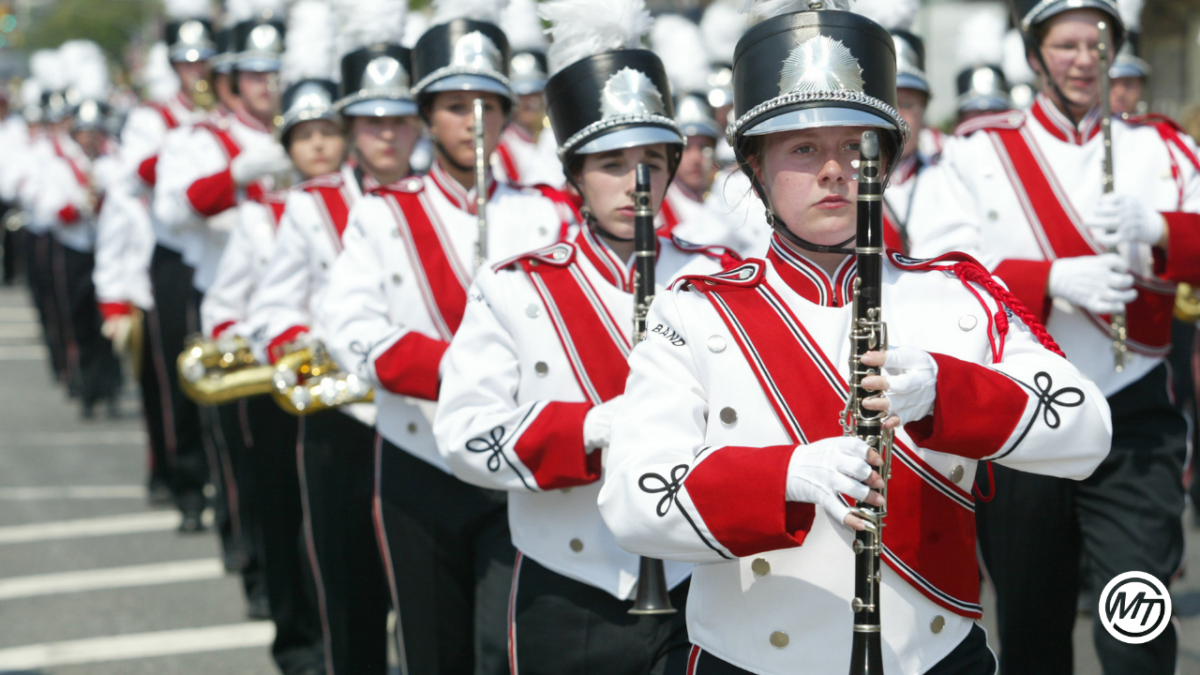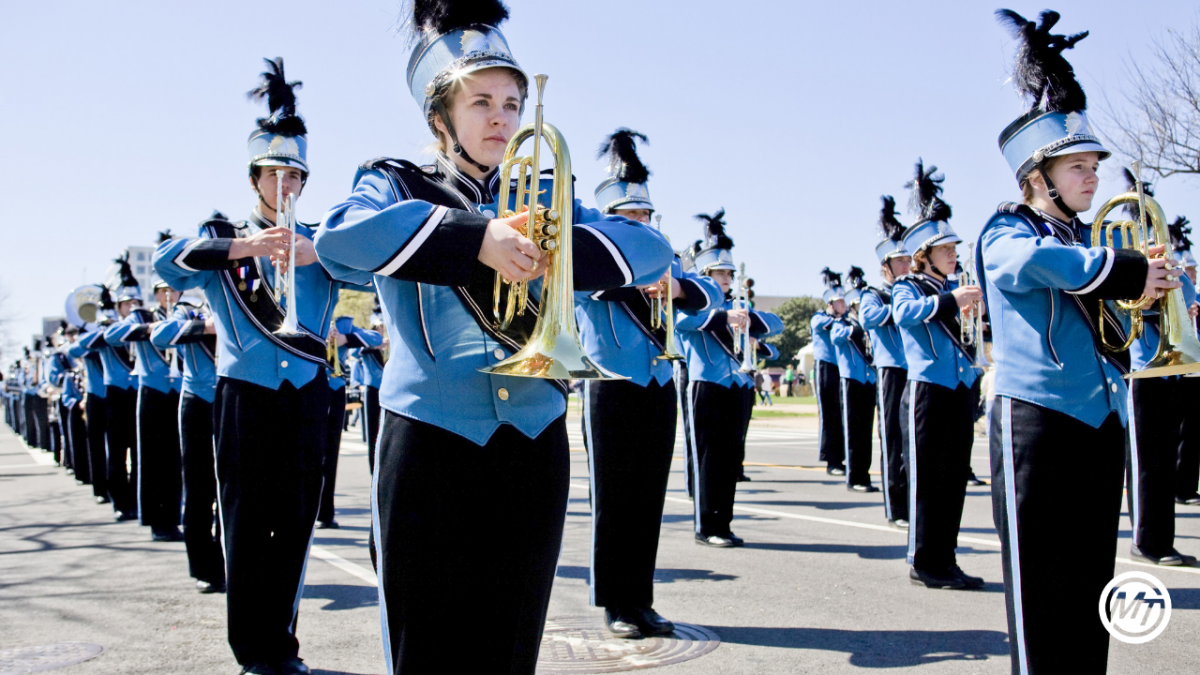Dealing with music, especially compositions you didn't write, is a tricky legal landscape. To help you avoid any trouble, we've outline some of the must-knows about music licensing:
You need permission to change a song
You can't alter a song to fit your band, whether it's changing the melody or rearranging certain parts, without getting permission first. For this, you'll need the copyright owner, who is often different from the song's writer or composer. According to the National Association for Music Education, you can usually obtain this information from the bottom of the first page of the song's sheet music. If you don't have the sheet music, you can also search for those details online. If you buy music and leave it as is, you don't have to worry about obtaining certain rights.

You need the rights to publish a video online
If your marching band performs copyrighted music, and you want to upload a video to YouTube or another streaming service, you'll need what are known as "synchronization rights." As Halftime magazine explains, the rights holders of the music will decide on the fee based on how you plan to use the material, especially if the video could be getting a lot of views.
You need to budget to license a song
Unless you plan on using public domain material, you'll need to make sure it's within your budget to use licensed music. Jeni Paulson, the president of CopyCat Music Licensing, LLC, told Halftime magazine that directors should typically budget between $250 and $300 per song for these fees, but sometimes the costs can be as little as $150 or as much as $500.
For more tips and techniques, as well as stunning complete or custom designed field shows, contact Marching Show Concepts today! Our world-class staff can help you find exactly what you're looking for.




